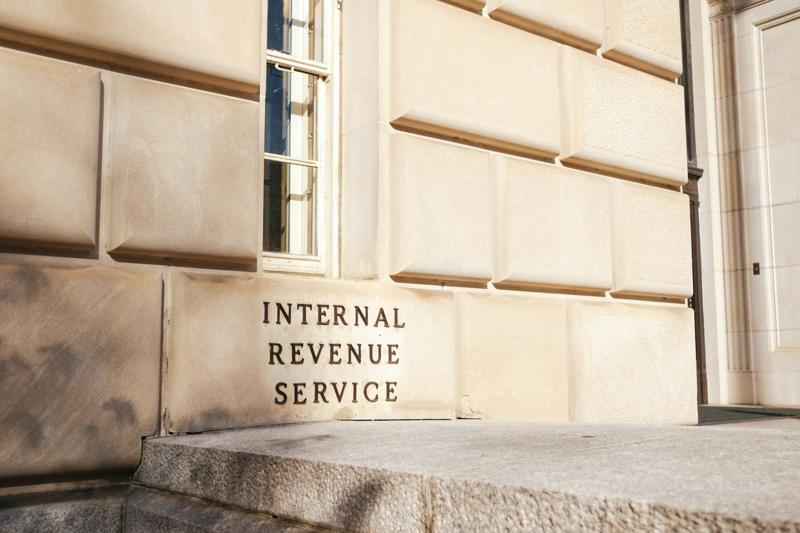A Montana-based nonprofit that works to combat antisemitism is calling on the IRS to investigate the tax-exempt status of a group it says is funding anti-Israel protests in New York City.
The Zachor Legal Institute and its president, Marc Greendorfer, sent a letter Wednesday to acting IRS Commissioner Michael Faulkender calling for the investigation into WESPAC, a White Plains, NY-based nonprofit.
“Based on WESPAC Foundation’s fiscal sponsorship of an organization called, ‘Within Our Lifetime,’ we believe WESPAC Foundation may be in violation of one or more requirements for tax-exempt status under Section 501(c)(3), including but not limited to advocating for political violence, advocating for violence against the United States and Israel, advocating for violence against police officers, and engaging in events wherein terrorist organizations are revered,” the letter says.
Given the severity of these claims and the potential violation of federal law, a thorough investigation into WESPAC Foundation’s fiscal sponsorship of ‘Within Our Lifetime’ is warranted,” it continued.
Jewish Insider was the first to report on the call for the investigation.
.According to the Anti-Defamation League, Within Our Lifetime “routinely expresses support for violence against Israel and calls for the abolition of Zionism.”
Founded in 1974, the nonprofit WESPAC has financed several pro-Palestinian organizations that have not registered as nonprofits.
“To qualify for tax-exempt status under Section 501(c)(3) a group must: operate exclusively for exempt purposes (e.g., religious, charitable, educational), not engage in illegal activities, including inciting violence or violating public policy, and not substantially support lobbying or political campaigning,” the letter to the IRS continues. “There are two well established doctrines which guide the IRS when analyzing a particular group’s tax-exempt status – the public policy doctrine and the illegality doctrine. The public policy doctrine allows the IRS to deny or revoke tax-exempt status for organizations – even if they meet technical requirements – if their purposes or activities violate fundamental public policy. The illegality doctrine states that a 501(c)(3) charitable organization cannot qualify for or maintain tax-exempt status if it engages in illegal activities, or if a substantial part of its activities violate federal, state, or local law.”







